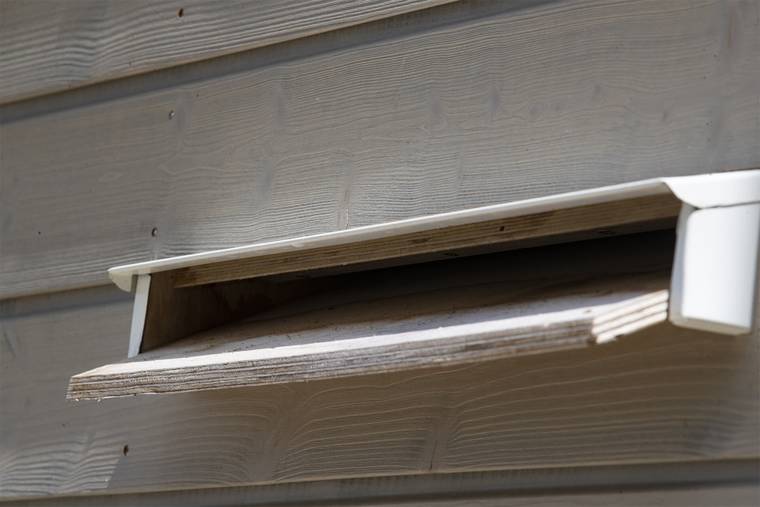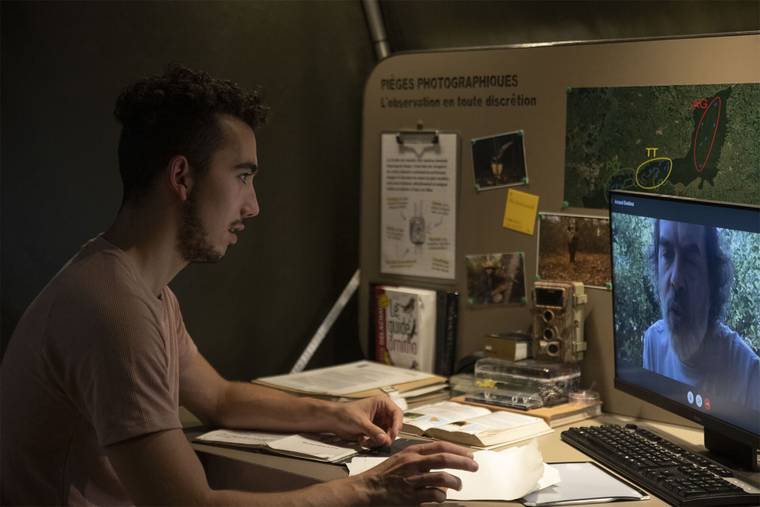Visit us at the ZooParc
The Beauval Nature association is well represented at the ZooParc de Beauval at an emblematic location, the ‘Maison Beauval Nature,’ and within the Equatorial Dome, at the ‘Bivouac Beauval Nature.’ These two sites allow visitors to find out about the association’s missions to protect endangered species.
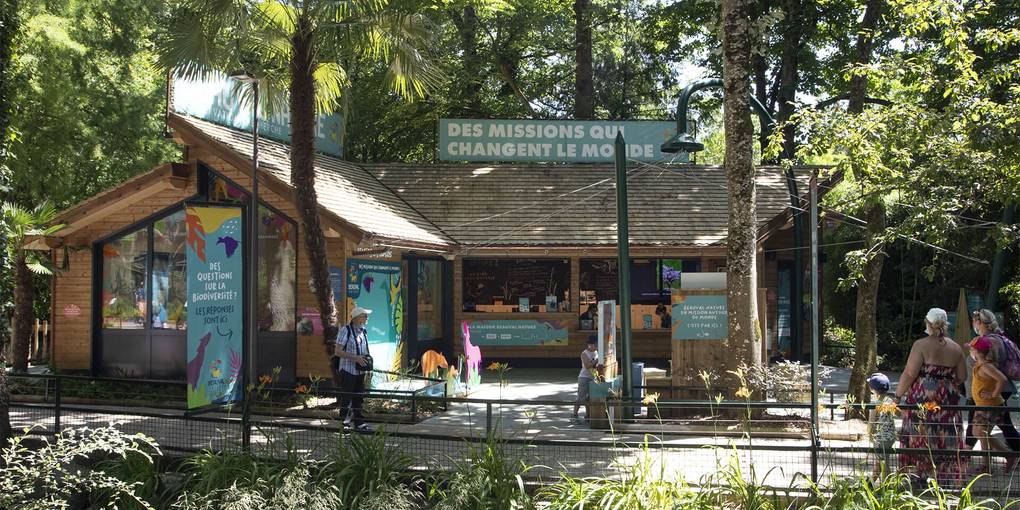
Discover the ‘Maison Beauval Nature’
The ‘Maison Beauval Nature’ is unique! It’s a place to discuss issues, get information, and have fun. Come and discover its many facets!
A place of discovery
The ‘Maison Beauval Nature’ is a place of discovery. After stopping by, you’ll understand the day-to-day life, challenges, and difficulties faced by conservation associations, as well as the role of zoological parks. You may even want to do your bit for the conservation of biodiversity, by becoming informed and sharing this knowledge with those around you, or by financially supporting an NGO…
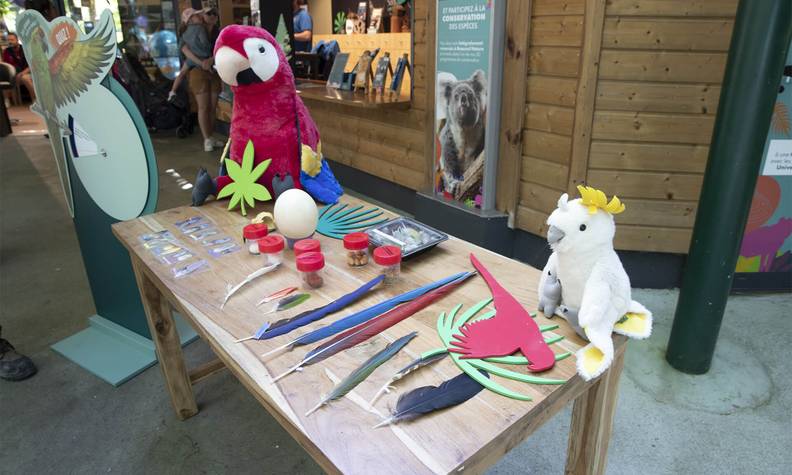
Activities for children
The ‘Maison Beauval Nature’ is a place for discovery and also for experimentation. Depending on the time of year, a number of activities, supervised by our scientific facilitators, are available. Meanwhile, parents or accompanying adults can take the time to learn about Beauval Nature’s conservation actions.
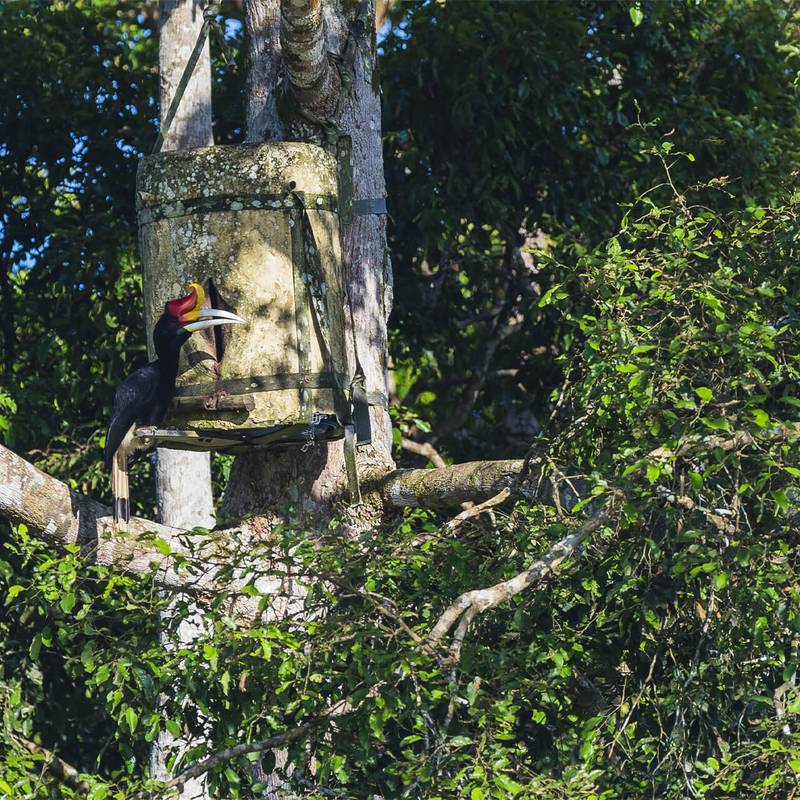
Learn about conservation
The conservation of endangered species can appear to be a rather abstract concept to those unfamiliar with the zoological world. This is why the ‘Maison Beauval Nature’ is dedicated to highlighting conservation action, using concrete examples of what is being done in the field.
A few examples:
- Beauval Nature supported hornbill breeding in Malaysia by training associations, in situ, to build artificial nests for these large birds.
- Beauval Nature financed the construction of a veterinary hospital for elephants in Laos.
- Beauval Nature launched a census of populations including bats in the Loir-et-Cher department of France.
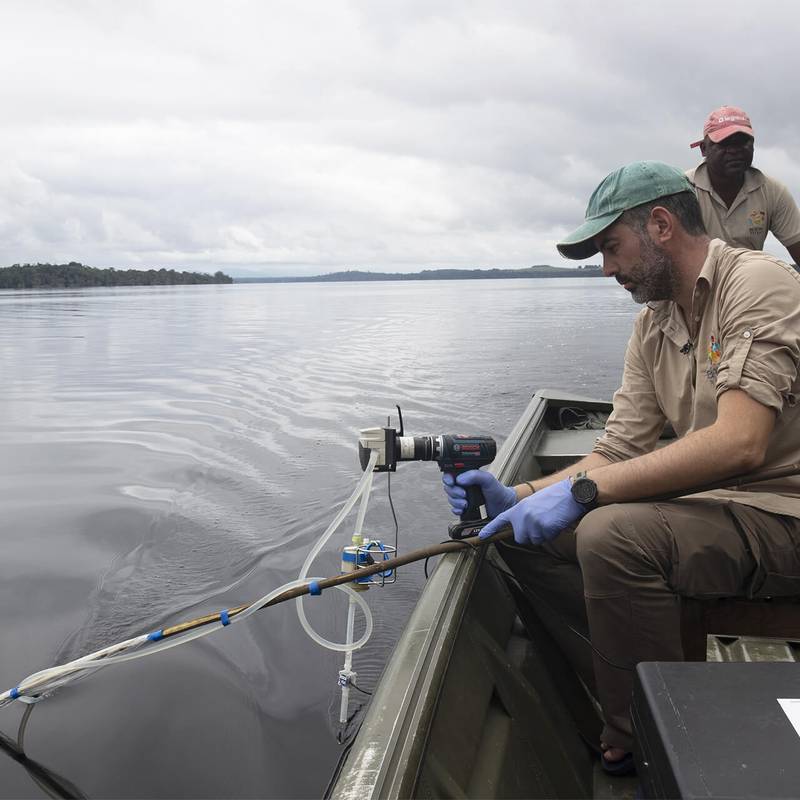
Learn about research
The ‘Maison Beauval Nature’ also highlights an often-overlooked aspect of the work conducted by zoological parks and biodiversity protection associations: research. This consists, among other things, of conducting animal observation studies to understand their behaviour, their needs, the way in which they reproduce, their way of life etc., in order to better protect them in the wild and to improve their well-being in zoological parks, breeding centres, and care centres.
A few examples:
- Beauval Nature supports the VigiLife project, which has developed a revolutionary technique for surveying the world’s biodiversity by collecting environmental DNA.
- Beauval is participating in a study on positive emotions in Psittaciformes (parrots, cockatoos, etc.) by allowing researchers to observe the behaviour of the birds that are part of the ‘Les Maîtres des Airs’ show at the ZooParc de Beauval.
- Beauval is home to the only wild elephant semen bank in the world, as a result of a semen collection campaign aimed at increasing the chances of reproduction of these mammals.
Find out the role a zoo plays
A zoological park has a number of missions. Some of the most important include ensuring the well-being of the animals it houses, working towards the conservation of endangered species, raising awareness from an early age about the importance of protecting biodiversity, protecting the local natural environment, and promoting research focusing on endangered species, to name but a few.
The ‘Maison Beauval Nature’ is the perfect place to learn about the scope of the missions undertaken by the ZooParc de Beauval and its association.
A ‘Maison’ that is dedicated to biodiversity
Come and find out the ways in which the zoo and its hotels are committed to respecting biodiversity at the ‘Maison Beauval Nature,’ constructed using environmentally friendly materials and designed to also act as a refuge for bats. Have a look at the small slits along the roof, which are the entrances to roosting areas for these flying mammals…
Meet our scientific facilitators
Have you got a question? Do you have queries about the zoo or the Beauval Nature association? Then come and meet our scientific facilitators! They’ll be ready and waiting for you, all day long, at the ‘Maison Beauval Nature’ to help you find out about our association’s activities. A video screen just behind them will keep you up to date with the latest news from Beauval Nature and the associations it supports in the field.
Determined to raise awareness
This is THE major mission of zoological parks: to raise awareness in order to better protect animals!
And it all starts from an early age, thanks to the booklets and games that are available at the ‘Maison Beauval Nature’! For older children, there’s a little bit of reading, and a whole lot of great articles in the association’s magazine!
All the proceeds go to Beauval Nature.
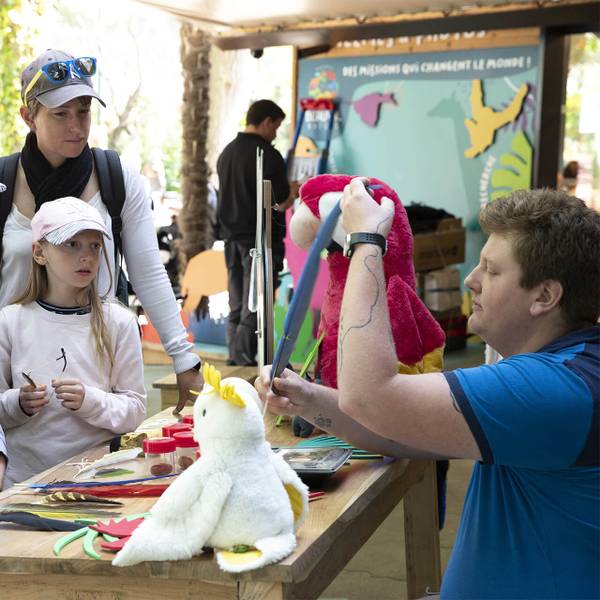
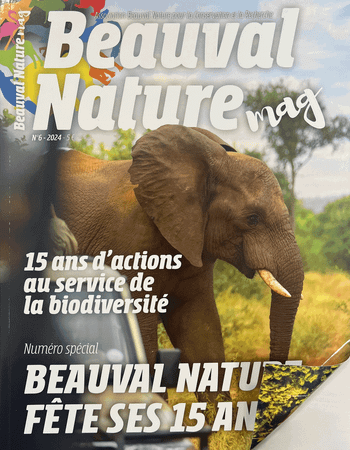 Discover our Beauval Nature magazine!
Discover our Beauval Nature magazine!
Discover our Beauval Nature magazine!
Enjoy flicking through the pages… and finding out more about Beauval Nature!
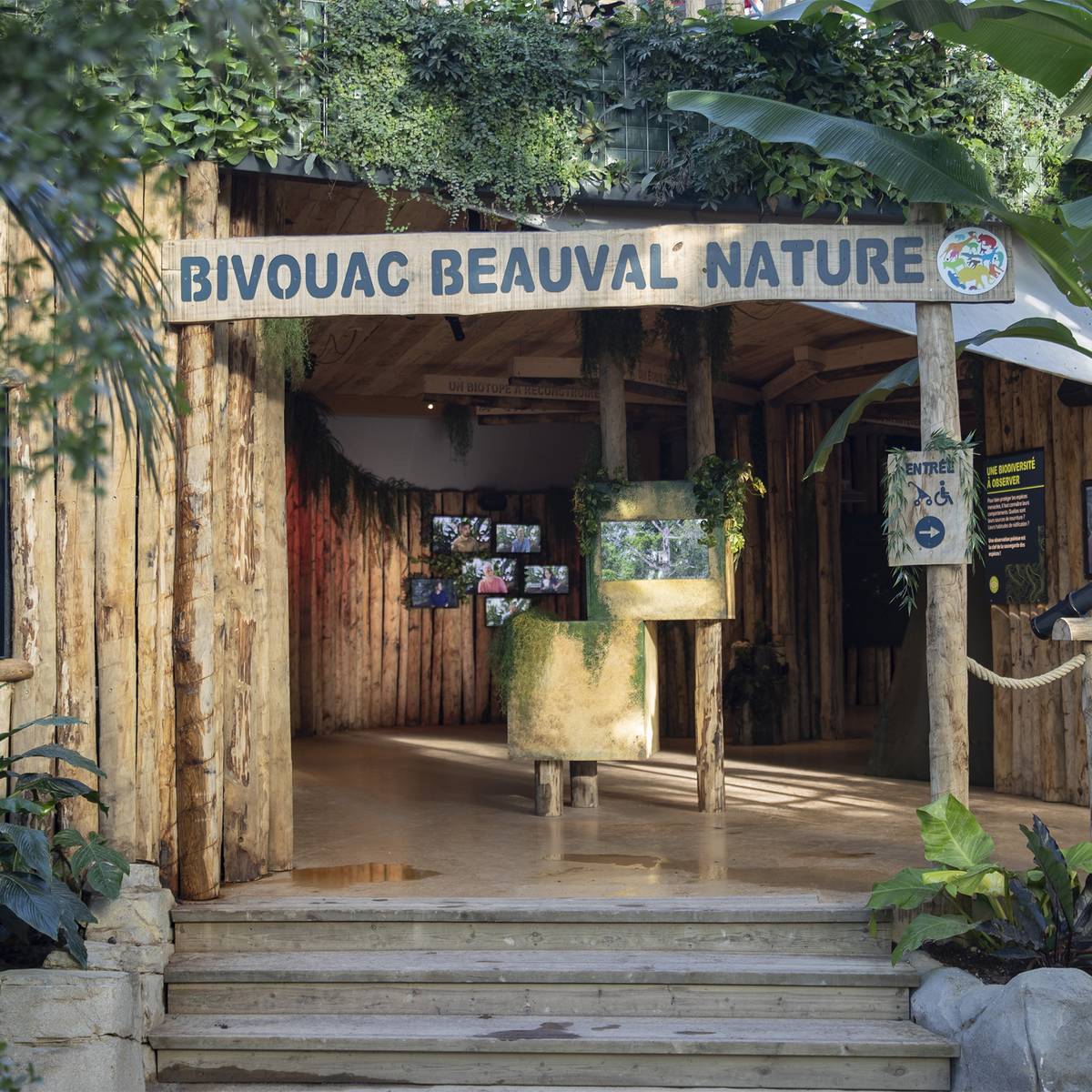
The ‘Bivouac Beauval Nature’
A new area dedicated to Beauval Nature and its programmes can be found at the heart of the Equatorial Dome. Surrounded by the equatorial jungle, opposite the Komodo dragons, ZooParc visitors can observe, listen, and manipulate objects to understand the challenges involved in protecting biodiversity.
An ecosystem to study and a world to protect
Hidden amongst the foliage, as though lost in the wild, lies a scientific camp: the ‘Bivouac Beauval Nature.’ Here, a variety of fun and educational activities allow visitors to study and better understand the fragile balance of ecosystems. Your visit to the bivouac will be marked by hornbill nest observation and other hands-on workshops. By following in the tracks of the various programmes, visitors can learn more about the work carried out by those involved in worldwide conservation. At the hollow of the tree located in the centre of the bivouac, visitors can play their part in protecting the environment by making a donation, no matter how small, to the Beauval Nature association.
Recycle your mobile phones
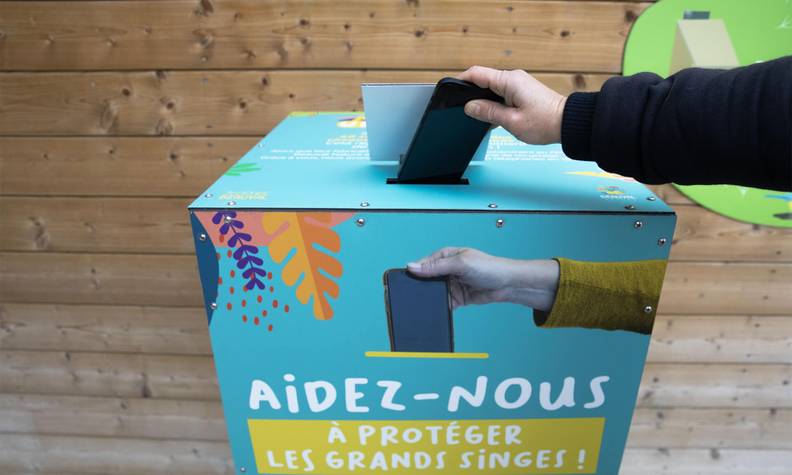
Since 2011, the ZooParc de Beauval and the Beauval Nature association have collected mobile phones in order to recycle the coltan. Do something simple to help protect the great apes, which are threatened by the extraction of this valuable mineral, by dropping off your old mobile phones in the box located at the entrance to the park. More than 10,000 phones have been collected by Beauval Nature to help preserve great apes.
We invite businesses and private individuals alike to drop off their old phones at the South entrance when visiting Beauval, or send them by post to:
ZooParc de Beauval
41110 Saint Aignan sur Cher
France
Thank you!
